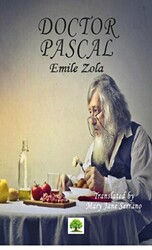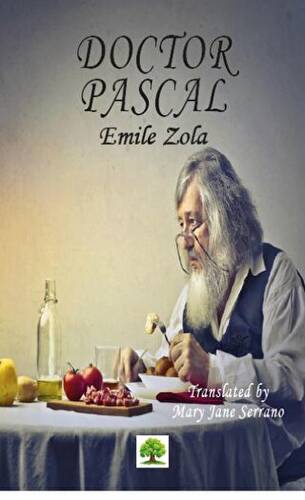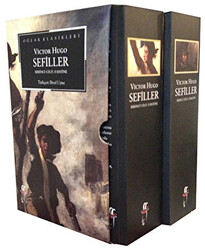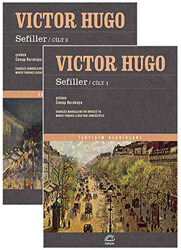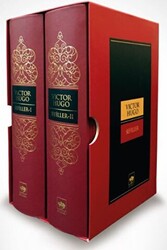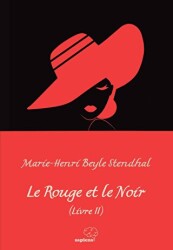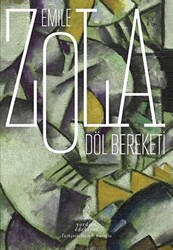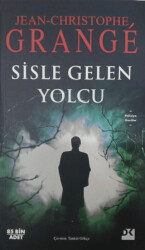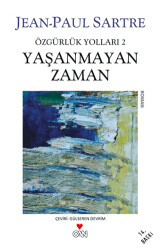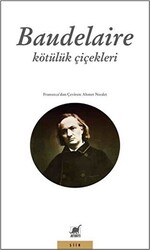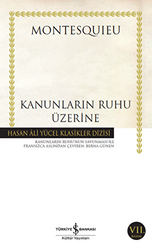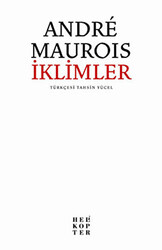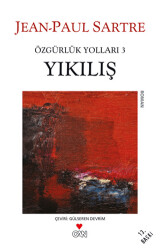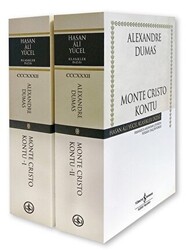“There’s something of everything there, t the best and the worst, the vulgar and the sublime, flowers, muck, tears, laughter, the river of life itself...”
Pascal Rougon has served as a doctor in the rural French town of Plassans for thirty years. He lives a quiet life with his faithful servant Martine and young niece Clotilde. Pascal is a man of science, striving to find the ultimate cure for all diseases. This puts him at odds with his niece, who is horrified by his denial of religious faith. Clotilde also distrusts Pascal’s lifelong ambition to create a family tree on scientific principles, based upon his theories of heredity. Tensions in the household are fueled by Pascal’s scheming mother, Félicité, as the final episode in the great Rougon-Macquart saga plays out.
Doctor Pascal is the passionate conclusion to Zola’s twenty-novel sequence, and the most eloquent expression of the ideas on heredity and human progress that have underpinned it. Human relations are at its heart, as Pascal and Clotilde are bound ever closer by ties of family and love.
